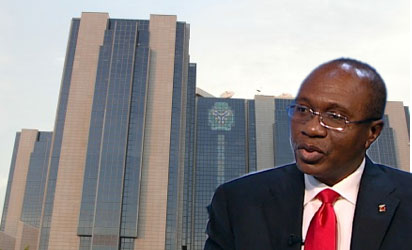Nigerian Central Bank Orders Banks To Share Customer Data With Fintechs
The Central Bank of Nigeria (CBN) has asked commercial banks to share their customer data with FinTech companies to improve access to financial services and provide better services to customers.
CBN Director, Payment System Management, Musa Jimoh at a recent FirstBank FinTech 4.0 Virtual Summit held in Lagos on the topic: “How Blockchain and Artificial Intelligence Will Disrupt FinTech in Nigeria”.
He said the directive was in line with the umbrella bank’s five-year vision and the open banking regime policy that would require banks to open their account base to fintechs to attract more people into the financial system. Jimoh described Fintechs as a technological innovation in financial services that could lead to new business models, applications, processes or products with an associated material effect on the delivery of financial services.
Read also:Nigeria Is Going Cashless With New CBN Policy. Here Is What Nigerian Businesses Need To Know
Fintech companies like Quick-teller, MoniDey, Baxi, PocketMoni, Unified Payments, Paga, Cellulant, to name a few, but a few are now part of the financial system, offering banking services to both banked and unbanked people Population. Businesses help consumers pay bills, pay retail, purchase airtime, and use unstructured supplemental service data (USSD) transactions.
Read also:The Finalists for Ecobank’s 2020 Fintech Challenge Announced
They also collect payments from all specters of the population — whether they are banked or not. Jimoh said the CBN is also boosting the use of artificial intelligence in the banking industry and promoting access to digital payment across all sectors of the economy.
Charles Rapulu Udoh

Charles Rapulu Udoh is a Lagos-based lawyer who has advised startups across Africa on issues such as startup funding (Venture Capital, Debt financing, private equity, angel investing etc), taxation, strategies, etc. He also has special focus on the protection of business or brands’ intellectual property rights ( such as trademark, patent or design) across Africa and other foreign jurisdictions.
He is well versed on issues of ESG (sustainability), media and entertainment law, corporate finance and governance.
He is also an award-winning writer

